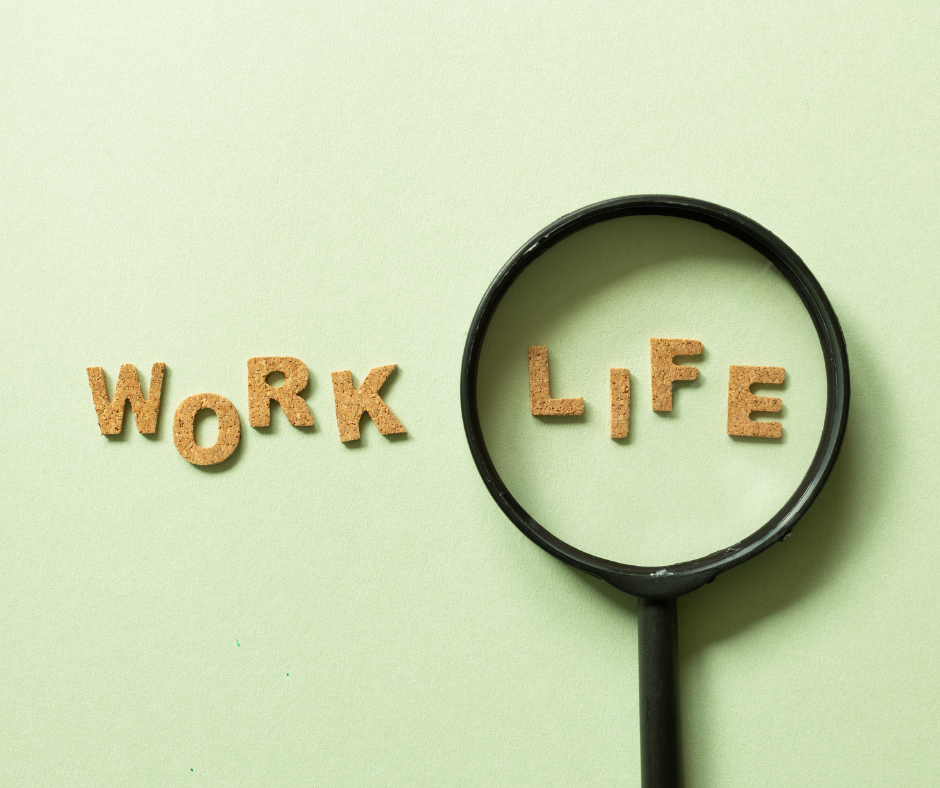Stress is often referred to as the silent killer. But when it comes to women, this silence is even deeper—subtle, internalized, and often misunderstood. Women across the globe, regardless of age, background, or social status, are battling daily emotional and psychological wars that few see and even fewer understand. It’s time we paid attention. It’s time we acted. The Biological Response: Not Just “Fight or Flight” While the “fight or flight” response has long been considered the universal human reaction to stress, new research reveals a more nuanced pattern in women: the “tend and befriend” response. Women are more likely to protect their young and seek social alliances during stressful situations. This is deeply rooted in biological evolution, where connection and caregiving ensured survival. When cortisol and adrenaline flood the system, men may charge forward. Women, however, often turn inward or seek community, showing care for others before even acknowledging their own pain. But make no mistake: the toll on their physical and mental health is just as devastating, if not more. Emotional Responses: The Weight of Invisible Expectations Women are expected to be strong, nurturing, supportive, and patient—all while managing careers, households, relationships, and social roles. These expectations create an emotional pressure cooker. Stress in women often shows up as: Anxiety masked as over-productivity Depression hidden behind a smile Exhaustion mistaken for laziness Irritability misinterpreted as emotional instability This misjudgment pushes women to suppress their needs, leading to long-term psychological damage that is rarely addressed. Hormonal Chaos: How Stress Disrupts the Female Body Stress doesn’t just hurt mentally—it wreaks havoc on the female body: Menstrual cycles become irregular Fertility is affected Weight gain, hair loss, and skin problems emerge Sleep disorders and chronic fatigue set in These are not minor side effects. They are red flags our society is failing to acknowledge. Social Silence: The World Tells Her to Cope, Not to Heal From a young age, girls are taught to suppress discomfort, smile through pain, and “manage” their emotions. This programming persists through adulthood. Women learn to survive stress, not to resolve it. The reality is this: coping is not healing. And until we prioritize the emotional health of women—at home, in workplaces, in policy—we will continue to watch generations suffer silently. We Must Change the Narrative—Now This is a call to families, communities, organizations, and governments: Listen to the women around you Stop normalizing their exhaustion Create safe spaces where stress is acknowledged and addressed Invest in mental health care, specifically designed for women Because stress is not just a personal issue—it’s a public health crisis. Action Steps: What You Can Do Today Ask, don’t assume – Check in with the women in your life genuinely. Advocate for mental health leave and access to therapy. Support education around hormonal health and stress management. Encourage open dialogue in homes and schools. Stop dismissing “mood swings” or “tiredness” as drama—these are symptoms. Final Words Every woman has a story of stress, yet too many are told in silence. This must change. The female response to stress is not weakness—it is strength under siege. But even the strongest cannot stand forever without support. It’s time we listen. It’s time we act. Not tomorrow. Today.
Balancing Act: Managing Family Stress Alongside Work Challenges
The Silent Struggle No One Talks About In the whirlwind of life, between deadlines, meetings, emails, school runs, doctor appointments, and emotional breakdowns, something crucial gets lost: you. Modern professionals aren’t just working harder; they’re living two full-time lives. One at work. One at home. The real challenge? Managing the emotional collision between the two. This is the unspoken burden carried by millions—juggling workplace pressure while navigating family stress. And here’s the raw truth: most people are silently drowning. If you’re reading this, chances are you’ve felt that strain too. You’ve asked:“How do I stay strong for my family when I’m breaking at work?”“How do I focus on my job when things are falling apart at home?” This article is your wake-up call. It’s time to address the emotional, professional, and human reality of this balancing act—and why we must act urgently to protect our well-being, our families, and our futures. Why This Balance Is Breaking Us Let’s be honest. The glorification of “hustle” has created a crisis of identity and purpose. You’re expected to be the perfect employee, the perfect parent, the perfect partner—and smile while you’re at it.But behind that smile, anxiety brews. Burnout builds. Relationships suffer. Children notice. Partners feel neglected. And still, you tell yourself: “I’m fine. This is just how life is.” No, it’s not.This isn’t balance. It’s burnout. And it’s time to reclaim your peace, your power, and your priorities. The True Cost of Ignoring Family Stress While Managing Work Pressures Let’s break it down—because this is no longer just about productivity.It’s about survival, legacy, and well-being. Ignoring family stress leads to: Disconnected relationships with children and partners Increased anxiety, depression, and emotional fatigue Lower performance and focus at work Poor decision-making Long-term health consequences Work doesn’t happen in a vacuum. And neither does family.If one suffers, the other eventually collapses too. Reclaiming the Balance: It Starts with Awareness and Action This isn’t about perfection—it’s about progress, protection, and purpose. You don’t need another motivational quote. You need real strategies. Human strategies. Urgent strategies. Here’s how to take control before life takes over. 1. Acknowledge the Dual Pressure—Without Shame The first step toward reclaiming balance is acknowledging the truth:You are under pressure from both ends. And that’s okay.Shame is a silencer. It convinces you to keep your struggles hidden. But growth begins with awareness. Speak about it. Accept it. Share it with those you trust. 2. Build Boundaries Like Your Life Depends on It—Because It Does Work-life balance is not about hours—it’s about emotional presence.If you’re physically with your family but mentally still on Slack or in that Zoom meeting, you’re not really present. Set hard boundaries: No work emails after 7 PM Family dinners with phones away Breaks during the day to reconnect with your loved ones Boundaries are not a weakness—they’re a strength that protects what matters. 3. Prioritize Family Conversations You talk to your team every day, don’t you? You check in, give feedback, collaborate.Why not do the same with your family? Set up weekly family meetings. Ask what your kids are feeling. Share your work stress with your partner, not as a burden but as a connection point. Communication is the bridge between the chaos of work and the comfort of home. Build that bridge often. 4. Redefine Success Before It’s Too Late What is success, really? A bigger title? A raise? A new deal?Or is it having dinner with your child who missed you all day?Is it being emotionally available when your partner needs you? Redefine success. Make it more human. More sustainable. More soul-aligned. Because at the end of it all, your loved ones won’t remember your LinkedIn endorsements.They’ll remember if you were there when it mattered. 5. Seek Help—You Weren’t Meant to Do It All Alone There is strength in asking for help.Therapists. Coaches. Support groups. Trusted friends. Even leadership mentors who understand this dual pressure. You don’t have to carry this alone. And you shouldn’t. Reaching out for help isn’t an admission of failure—it’s a declaration of self-respect. Why the Time to Act Is Now Every moment you delay reclaiming balance, the price gets higher.Your health.Your marriage.Your mental peace.Your legacy as a parent and partner. The balance doesn’t find itself.It is created—intentionally, urgently, and unapologetically. This is not just about managing your life—it’s about protecting the very essence of who you are. Take the First Step Today Here’s what you can do right now: Write down three things causing stress at work and at home. Identify which one you can take action on in the next 24 hours. Set a firm boundary for the next 7 days—test it, respect it, and reflect on how it feels. Have one meaningful conversation with a loved one tonight. Do not wait for a breakdown to learn the importance of balance.Start now. Start today. Protect what matters. Your family needs you. Your career deserves you. But above all, you need you.Balance is not a myth. It’s a commitment. One decision at a time.Choose wisely. Choose now.


